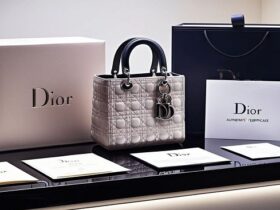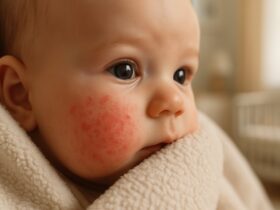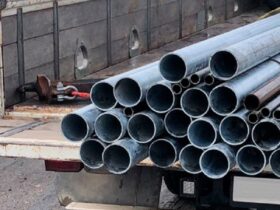Heterotypes as opinions (judgments, ideas) of people of one nationality about other peoples or their representatives are very common, and are manifested in any interethnic interaction. In their content, they can be both positive and negative. In this case, their evaluative character is enhanced by ethnocentrism. “In the field of emotional ethnocentrism, it is expressed in the form of positive emotions regarding the ingroup (admiration, pride, etc.) and negative – in relation to the outpoint (hostility, contempt, fear, etc. D.). At the behavioral level (verbal or real), ethnocentrism can exist in the form of discrimination of the out group or the desire to isolate from it ”(2, with.139).
A circumstance stimulating the distortion of heterostereotypes that turn them into stable prejudices, is the tendentiality of positions expressed in relation to the specific people by the “leaders of opinions” of another people, in particular, figures of science, culture, writers, etc. P. Attempts to increase the cohesion of his ethnic group by creating an image of an inferior, “abnormal” opponent are characteristic in modern political games, both in one particular country and on an international scale, and this should be considered in social practice. People who profess such views seem quite “justified” and “far -sighted” a modified expression: “If you have no enemies, they must be invented”. The auto -stereotype “We are good” and the heterostereotype “They are bad” very, very in demand, unfortunately, today. Most often, heterostereotypes in relation to Russians are considered from the point of view of “Western Man”. But similar patterns, without a doubt, are manifested in the stereotyping of people and in contacts with business people from other regions of the world.











Оставить ответ